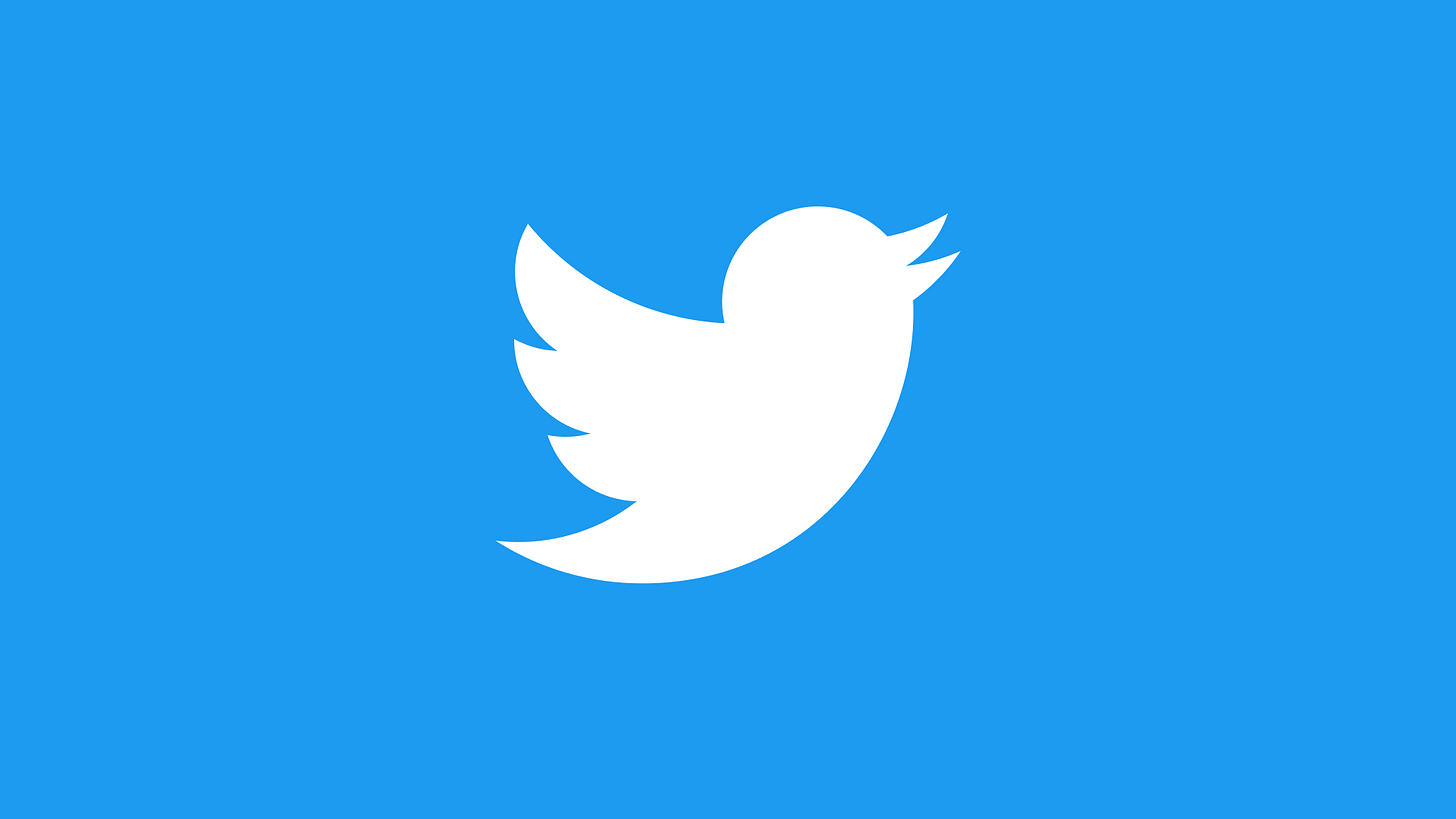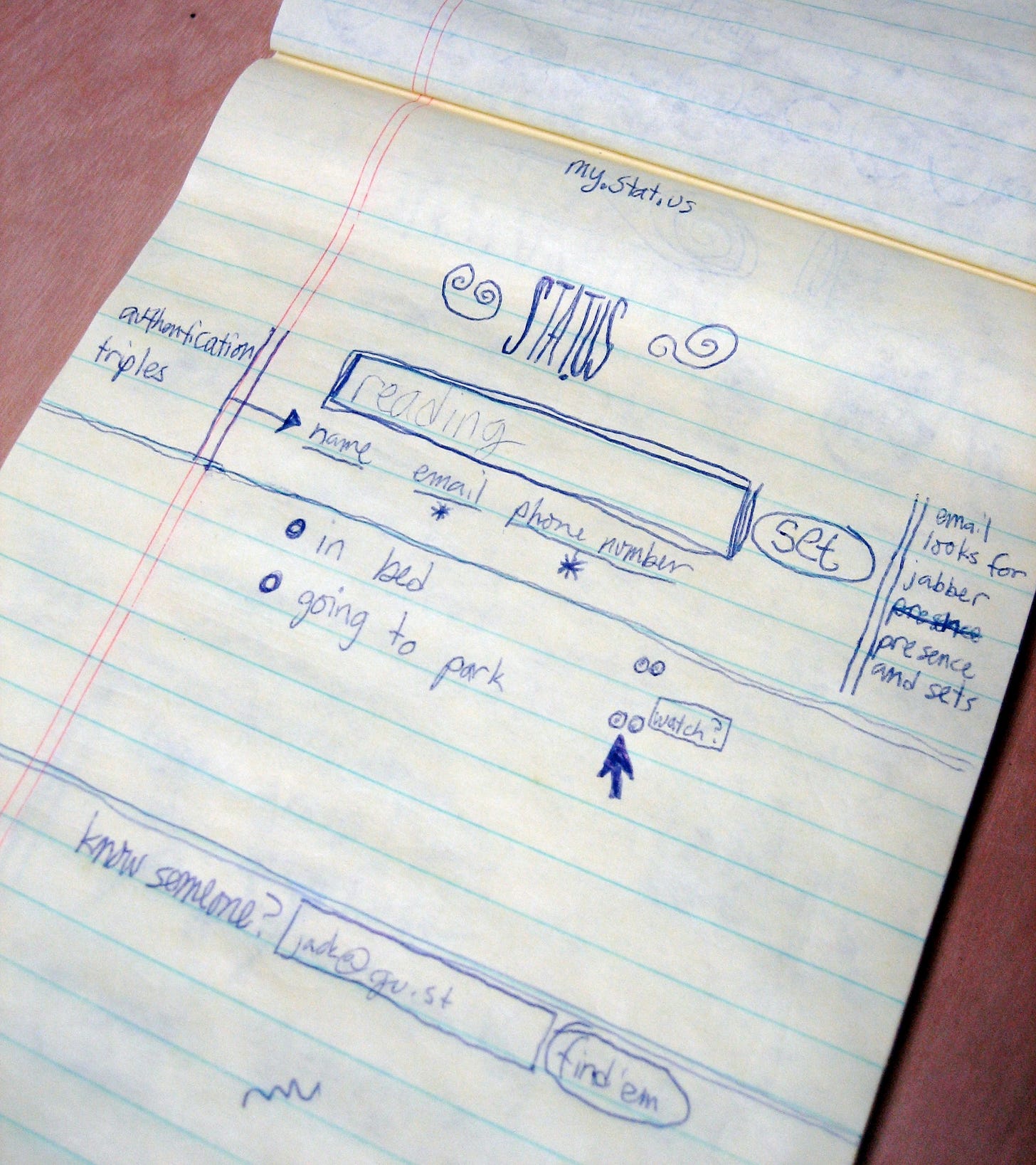The Accidental Revolution from a Dying Company
How a failing podcast startup's desperate hackathon gave birth to the platform that changed global communication forever
Your startup just got murdered by Apple, your $5 million is evaporating faster than water in Death Valley, and your only solution is... a hackathon where some weirdo suggests people should tell strangers what they had for breakfast.
That weirdo just accidentally created Twitter.
This is the story of how Twitter was born not from genius planning or visionary leadership, but from pure desperation and a company hackathon that nobody expected to matter.
When Your Entire Industry Gets Nuked
Odeo wasn't just another startup it was a company with serious ambitions. Founded by Noah Glass and Evan Williams (who had previously sold Pyra Labs to Google), Odeo was building tools to make podcasting accessible to everyone with a simple Adobe Flash-based interface.
But then came the bombshell. When Apple launched iTunes podcasting in 2006, it rendered Odeo's entire platform irrelevant overnight. Spending years building the perfect horse-drawn carriage, only to watch Henry Ford roll up with the Model T.
The founders faced a brutal reality: Do Something or perish.
The Hackathon That Changed Everything
Here's where the story gets interesting. Instead of panicking (well, maybe after some panicking), the team decided to hold internal hackathons to explore completely different ideas. It was during one of these desperate brainstorming sessions that Jack Dorsey, a quirky programmer known for his odd experiments, pitched something strange.
Dorsey and Biz Stone came up with an idea for a microblogging service a simple way to share short status updates about what you were doing. The concept was almost embarrassingly basic: 140 characters telling the world you're eating a sandwich or stuck in traffic.
Most people in the room probably thought it was ridiculous.
The Side Project That Saved Everything
The first Twitter prototype was developed by Dorsey and contractor Florian Weber as an internal service for Odeo employees. It wasn't meant to be the company's salvation it was just one experiment among many.
But something magical happened. The internal team started using it obsessively. There was something addictive about these bite-sized updates, something that scratched an itch nobody knew they had.
On July 15, 2006, they launched the full version publicly. What started as a side project during a company crisis became the foundation for a communication revolution.
From Ashes to Empire
The transformation wasn't immediate, but it was inevitable. By October 2006, Williams, Dorsey, Stone, and other Odeo members formed Obvious Corporation to house their new creation.
Twitter's timing was perfect in ways its creators couldn't have imagined. It launched just as smartphones were becoming ubiquitous, social media was exploding, and the world was hungry for real-time communication. From Arab Spring to #MeToo, from breaking news to memes, Twitter became the digital town square.
Today, the platform that emerged from Odeo's ashes influences elections, shapes public discourse, and gives everyone from world leaders to teenagers a direct line to global audiences.
Innovation Thrives in Crisis
The Twitter story reveals a counterintuitive truth about innovation: sometimes the best ideas come not from success, but from failure. When Odeo was thriving as a podcasting company, there was no incentive to experiment with weird microblogging concepts.
But when survival was on the line? That's when creativity exploded.
The next time your industry gets disrupted or your company faces an existential crisis, remember Odeo. Sometimes the side project born from desperation becomes the main event that changes the world.
What seemed like the end was actually the beginning.





